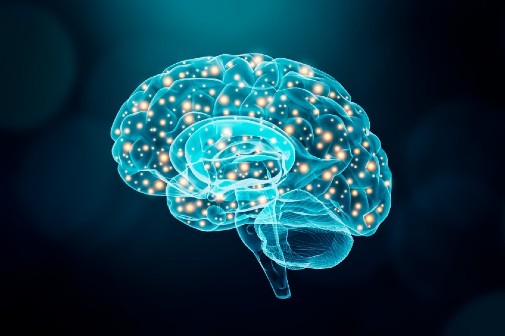Sound cues during sleep could help people to forget specific memories, researchers discover
Posted on 17 October 2022
 Sleep played a crucial role in the effects the researchers observed in their study.
Sleep played a crucial role in the effects the researchers observed in their study.
The early-stage discovery, by researchers at the University of York, could potentially be developed into techniques to help weaken traumatic and intrusive memories, the authors of the study say.
Previous research found that playing ‘sound cues’ during sleep can be used to boost specific memories, but this latest study provides the first strong evidence that the technique can also be used to help people to forget.
Potential
First author of the study, Dr Bardur Joensen, a former PhD student at the Department of Psychology, University of York, said: “Although still highly experimental at this stage, the results of our study raise the possibility that we can both increase and decrease the ability to recall specific memories by playing sound cues when an individual is asleep.
“People who have experienced trauma can suffer a wide range of distressing symptoms due to their memories of those events. Though still a long way off, our discovery could potentially pave the way to new techniques for weakening those memories that could be used alongside existing therapies.”
Sleep lab
For the study, 29 participants learnt associations between overlapping pairs of words. For example, they were asked to learn the word pairs ‘hammer – office’ and ‘hammer – Cardi B’.
The participants then slept overnight in the University of York’s sleep lab. The research team analysed their brainwaves and when they reached deep or slow-wave sleep (also known as stage-three sleep) they were quietly played the word denoting the object (i.e. hammer).
Selective
Previous research had found that learning a pair of words, and playing a sound associated with that pair during sleep, improved participants’ memory for the word pair when they woke in the morning. This time, when the pairs of words were overlapping, they found an increase in memory for one pair, but a decrease in memory for the other pair. This suggests it is possible to cause selective forgetting by playing associated sounds during sleep.
According to the researchers, sleep played a crucial role in the effects they observed in their study
Fascinating
Senior author of the study, Dr Aidan Horner from the Department of Psychology at the University of York, said: “The relationship between sleep and memory is fascinating. We know that sleep is critical for memory processing, and our memories are typically better following a period of sleep. The exact mechanisms at play remain unclear, but during sleep it seems that important connections are strengthened and unimportant ones are discarded.
“This research raises the possibility that this process could be manipulated so that sleep could be used to help weaken painful memories.
“The next steps for our research team are to establish how these cues cause forgetting, so that we can turn the effect on and off, and whether we can use the same technique to weaken existing real-world memories.”
Further information:
For more information about the University's work in mental health visit our Institute of Mental Health Research website. Research at the Institute aims to improve the lives and care of people affected by mental health difficulties, and mitigate the impact on individuals, families, the NHS, the workplace and whole communities.
Explore more news

Sodium channels in breast cancer cells a promising target for future treatments, study reveals
Thursday 25 July 2024

Cooling the classroom: University of York researchers to investigate UK schools’ responses to hot weather
Wednesday 24 July 2024

Hunter-gatherers kept an 'orderly home' in the earliest known British dwelling, study shows
Tuesday 23 July 2024

Study uses Game of Thrones to advance understanding of face blindness
Tuesday 23 July 2024

York academic contributes to new report on men’s health which reveals disparities between most and least deprived areas in the UK
Wednesday 17 July 2024
Media enquiries
About this research
Targeted memory reactivation during sleep can induce forgetting of overlapping memories is published in the journal Learning & Memory .
